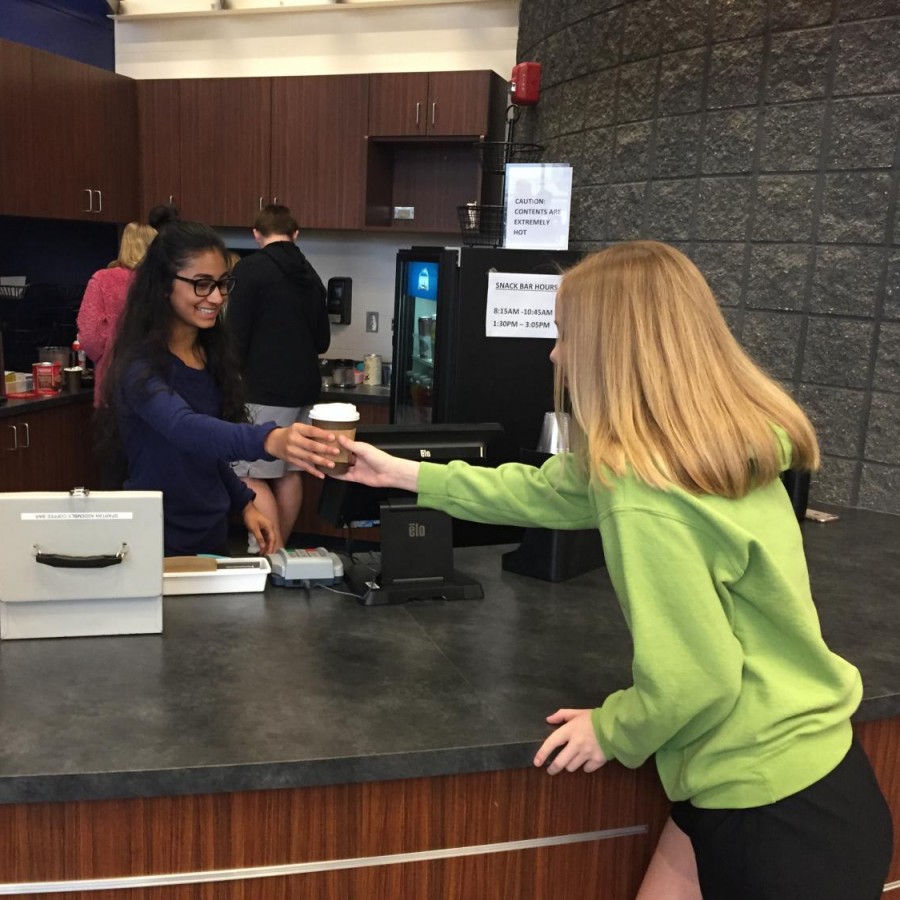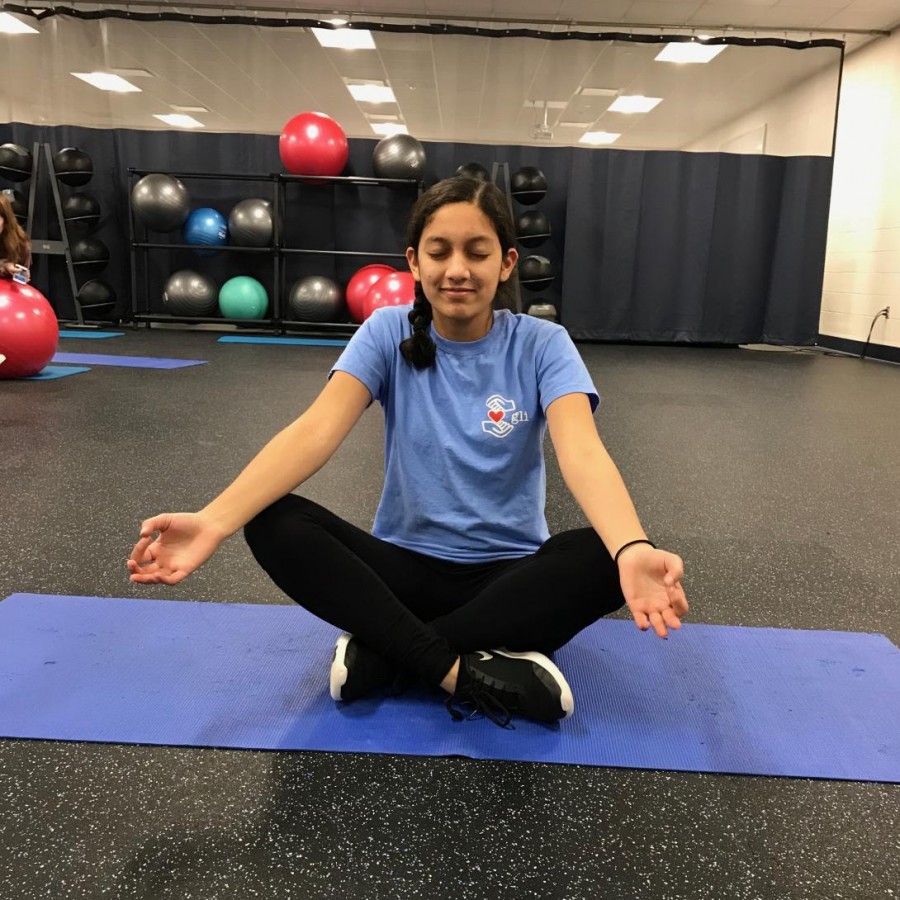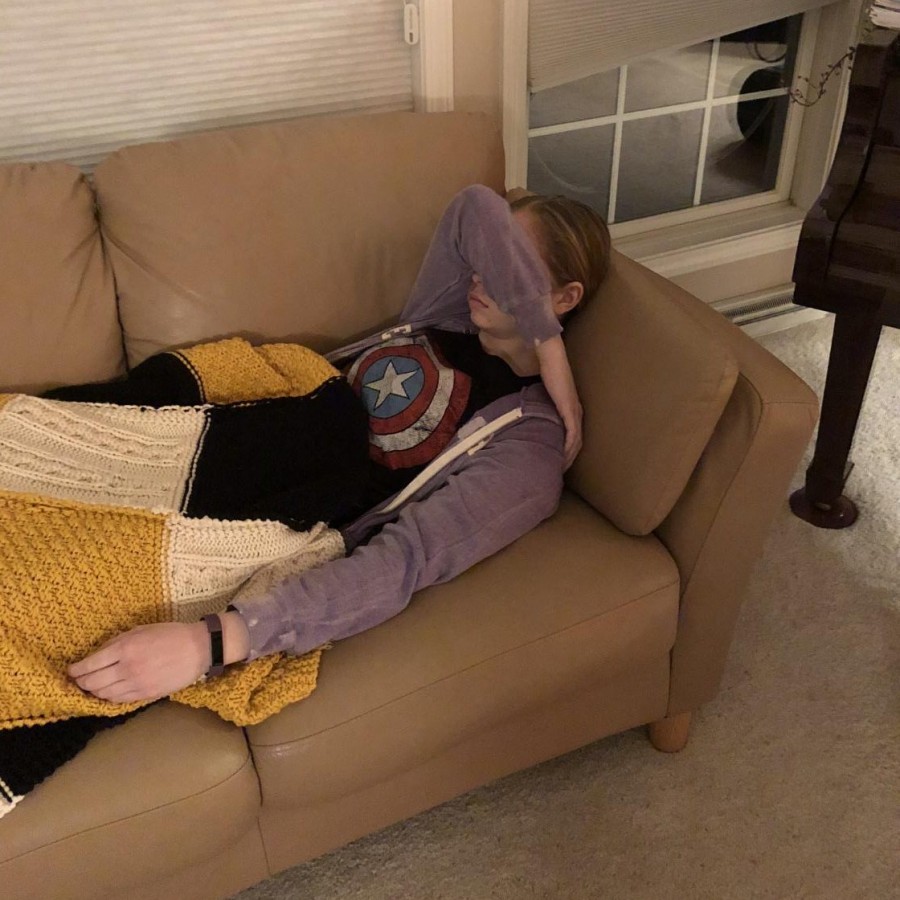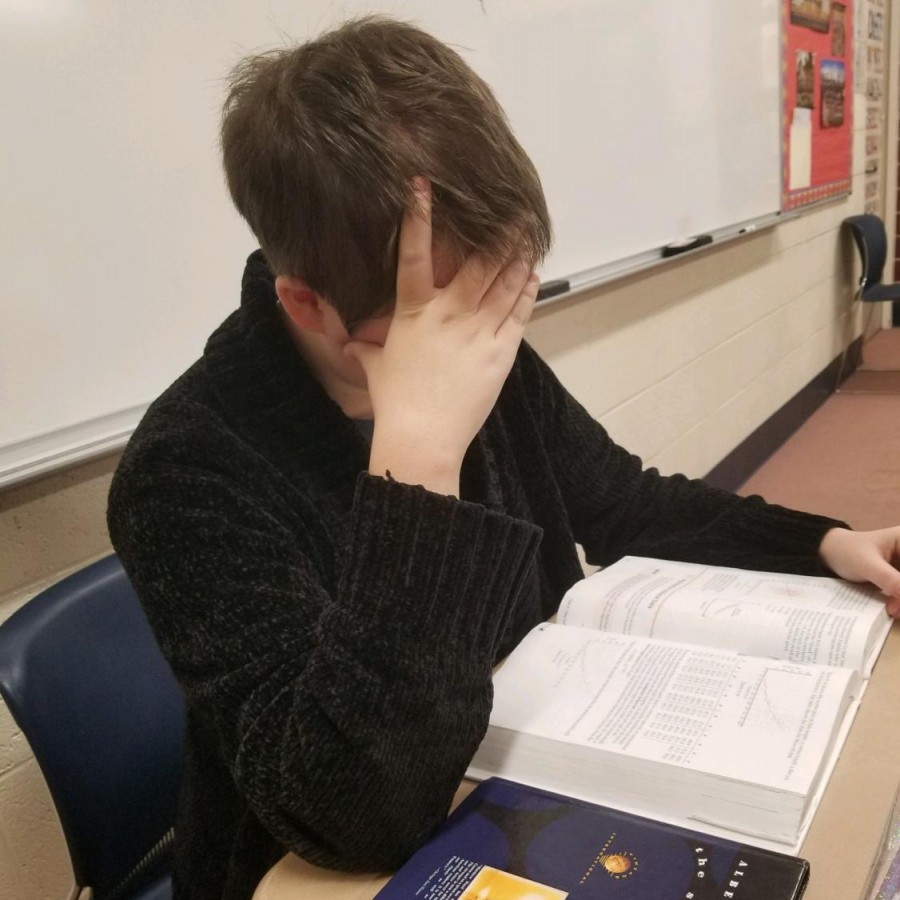Coffee is one of the most popular drinks for Americans, and for many, a necessity. 54 percent of Americans over the age of 18 drink coffee everyday, with a total number of 100 million U.S. daily coffee drinkers. The U.S. spends roughly $4 billion each year for imported coffee. With all the popularity surrounding coffee, many studies have been done on the health benefits or possible harmful effects of coffee, and the results are still inconclusive.
According to sources such as Web MD, there are many health benefits to coffee. Research has shown that coffee drinkers, compared to non-coffee drinkers, are less likely to have type 2 diabetes, Parkinson’s disease and dementia. Coffee is rich in antioxidants, which are nutrients that help prevent tissue damage. Coffee drinkers have also been shown to have less heart rhythm problems and strokes. However, there is no proof that drinking coffee prevents these conditions. James D. Lane, PhD, a professor of medical psychology, says that just because coffee contains good things does not make it healthy for us.
“It has not really been shown that coffee drinking leads to an increase in antioxidants in the body,” Lane tells WebMD. “We know that there are antioxidants in large quantities in coffee itself, especially when it’s freshly brewed, but we don’t know whether those antioxidants appear in the bloodstream and in the body when the person drinks it. Those studies have not been done.”
Many researchers also point out the dangers of coffee. Coffee contains caffeine which can raise blood pressure and stimulate adrenal hormones. This inactivates the body’s parasympythetic nervous system. Studies have also indicated a link between consumption of over 300 mg of coffee per day of expecting mothers and low birth weight, miscarriage and some birth defects.
The controversy surrounding coffee has resurfaced after a Los Angeles County Superior Court recently ruled that coffee has to come with a cancer warning. Brewed coffee does contain three to thirteen parts per billion of acrylamide, a chemical naturally produced in coffee beans believed to be a potential carcinogen. However, there is no evidence linking coffee to cancer.
If students at Pleasant Valley are concerned about the potential harm of coffee, they aren’t showing it. Coffee and other caffeinated beverages continue to be the most popular items sold at Sparbucks, the school’s student run cafe. The cafe makes around $35 per day on coffee each morning. Coffee makes up 50 percent of sales. Rebecca Abdulah, one of the Cafe workers, predicts that the California legislation will not affect future sales. “Too many students and teachers rely on coffee as part of their daily routine to be concerned about some legislation that California passes.”









